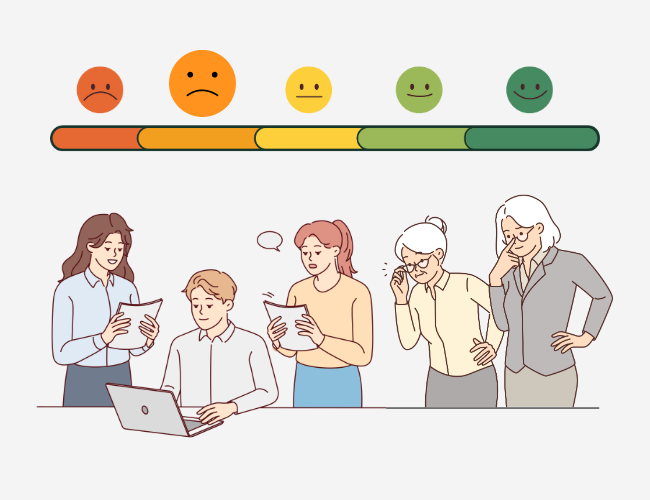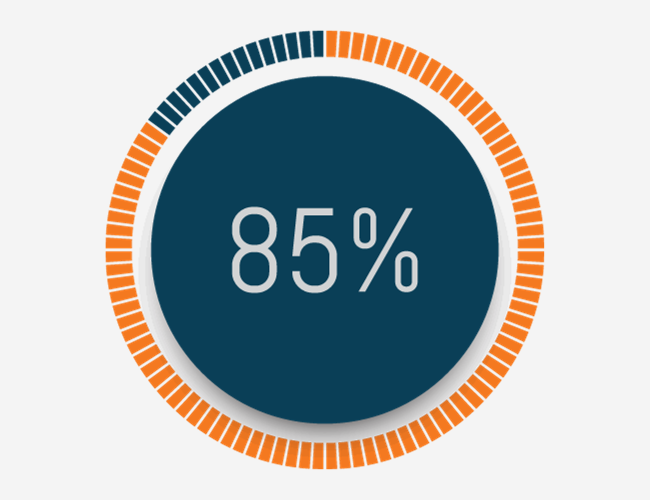Technological advancements and shifting attitudes towards work have resulted in a sustained emphasis on flexibility, even as the risks that sparked the rise of remote work continue to wane. For example, according to the New York Times, 78% of businesses in Manhattan are adopting a hybrid model.
As flexible arrangements continue, researchers are uncovering some surprising downsides. A series of experiments with over 2,000 employees found that working in non-standard hours can negatively affect one’s tendency to be motivated to perform and enjoy their work for its own sake, otherwise known as intrinsic motivation.
This finding undermines some of the main reasons for offering flexibility. By allowing employees to work when and where most suits their lives and working habits, the assumption has been that employees would be more productive and feel happier with their jobs. However, if employees are spending a significant portion of their day working during off-hours where motivation is lower, it’s less clear how flexibility would result in increased productivity or organizational joy.
What Are Off-Hours?
Standard or regular working hours are typically 9-5 during a typical work week (Monday-Friday). This is the definition relied on throughout the researchers’ experiments. Participants were labeled off-hour workers any time they worked on a weekend, holiday, or outside the 9-5 timeslot.
There is another more fluid way of defining standard working hours that has important implications for how employers can address its potential adverse effects on motivation. Specifically, one might think regular working hours are determined by the norms and expectations about when work is expected for the working group one is a part of.
This shift in perspective is important for two reasons. First, group norms or beliefs about when one should or should not be working can and do change over time. As flexible work becomes more common, workers’ ideas about when they should be on the clock or have time off will also change.
Second, employees are members of several nested groups, from their department to their entire organization to all knowledge workers. Each group may have internalized different norms about when it’s appropriate to work. What counts as a non-standard time for any given person will depend on which of these groups’ norms are being considered.
Why Does Working In Off-Hours Harm Motivation?
In addition to testing the effect of working during off-hours on motivation, the experimenters examined why this happens. They hypothesized that working during non-standard hours makes one more likely to engage in what is known as upward-counterfactual thinking, which is the act of thinking about ways in which things could be better or how one could be doing something better with their time.
To test this, they encouraged participants working during off-hours to think about how things could be better or worse. Those who thought about how they could be doing worse things with their time enjoyed their work more, while the participants who thought about how they could be doing better things were less intrinsically motivated to complete their work.
Takeaway
Given that flexible work is here to stay, organizations must develop strategies for retaining its benefits while avoiding its potential effects on motivation and organizational joy.
- Start with culture: One way to offset the negative effects of flexible working hours on intrinsic motivation is by changing the cultural norms about when work is expected. When employees are surrounded by colleagues who have let go of the traditional conception of when work should be done, they may be less inclined to feel as though they are missing out when working outside of the 9-5 framework.
- Focus on the benefits of flexible work: The better one feels about what they are currently doing, the less they will be negatively impacted by thoughts about how they could be doing something better. The team of researchers found that this general rule applies in the case of flexible work. When participants were led to feel better about working during off-hours by being reminded of its benefits (e.g., not having to work early the next day), they were less likely to experience a loss of task-related enjoyment or motivation.
- Have off-hour employees work in groups: Employers working during non-standard hours are less likely to feel like they could be doing something together if they aren’t working alone. Let employees working outside the standard working hours know who else is working with them and provide them with easy ways of communicating with each other.
- Wait it out: Though the standard 9-5 schedule has been popular for nearly 100 years, work norms and expectations are rapidly changing. Eventually, older views may be overshadowed by newer, more progressive conceptions of how and when work should be done. As this happens, outdated ideas about work will have less of an impact on how employees feel when working in what used to be an off time.












